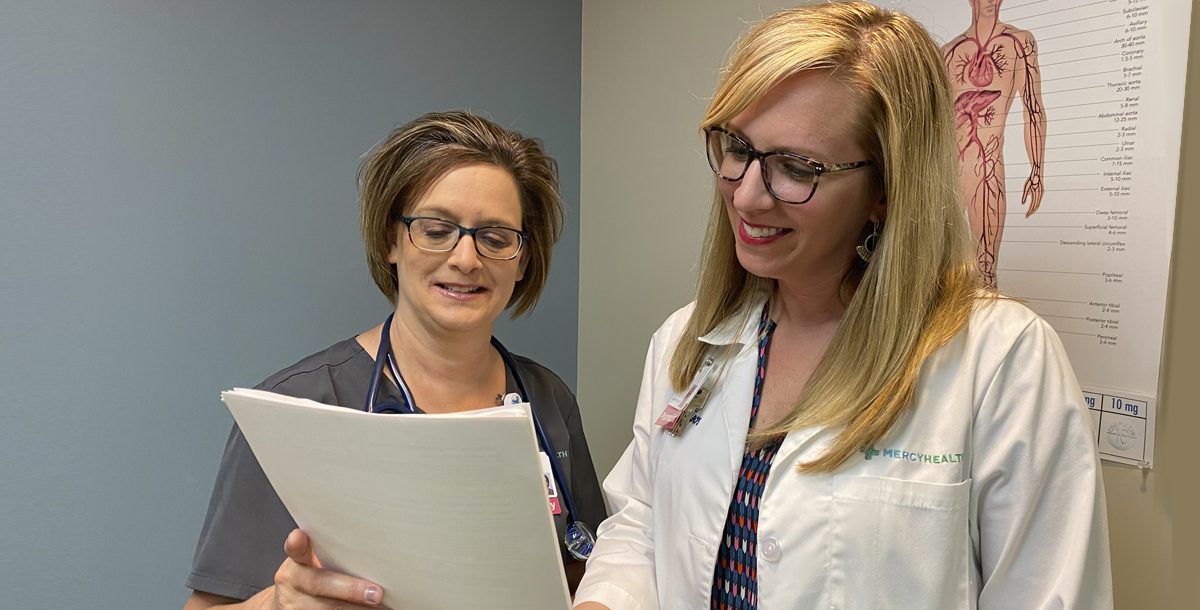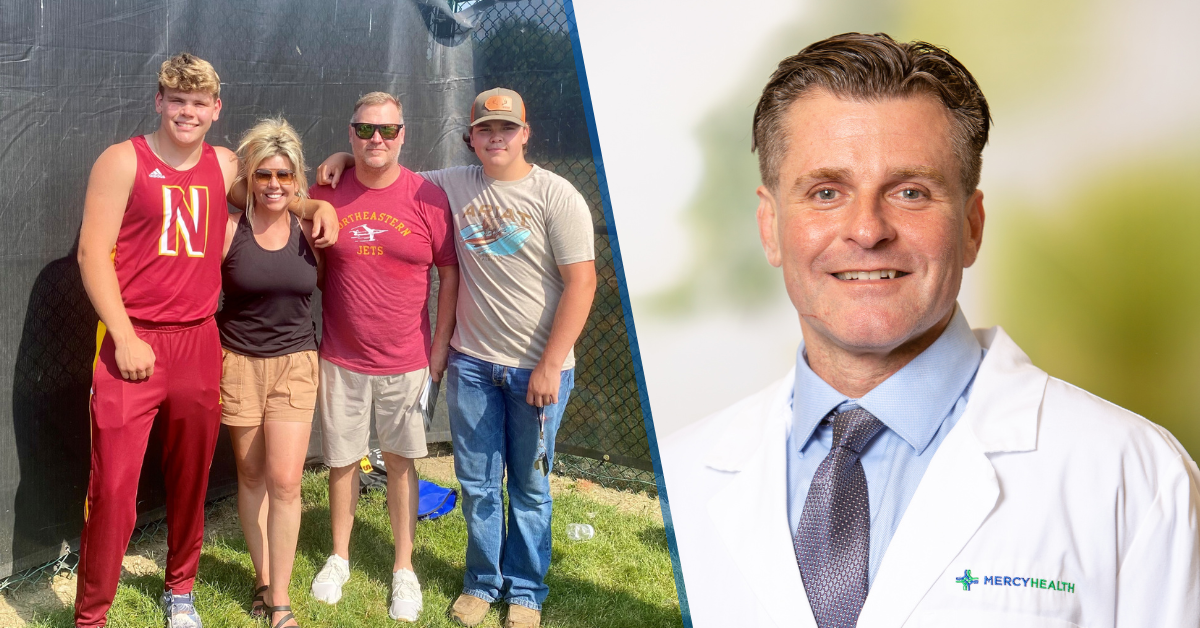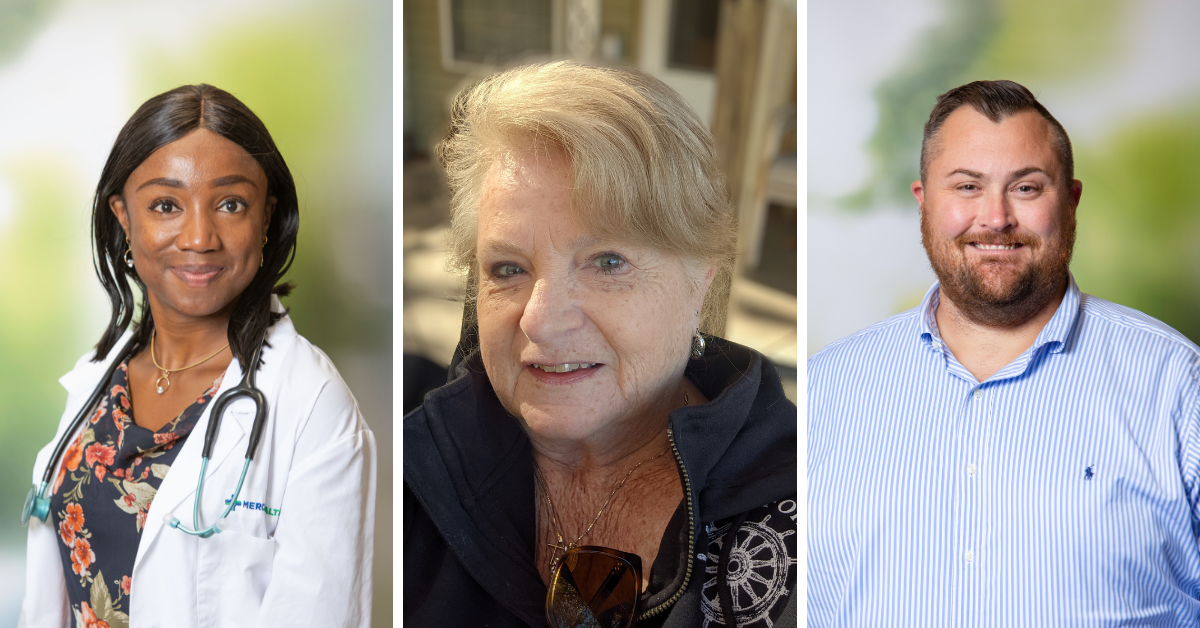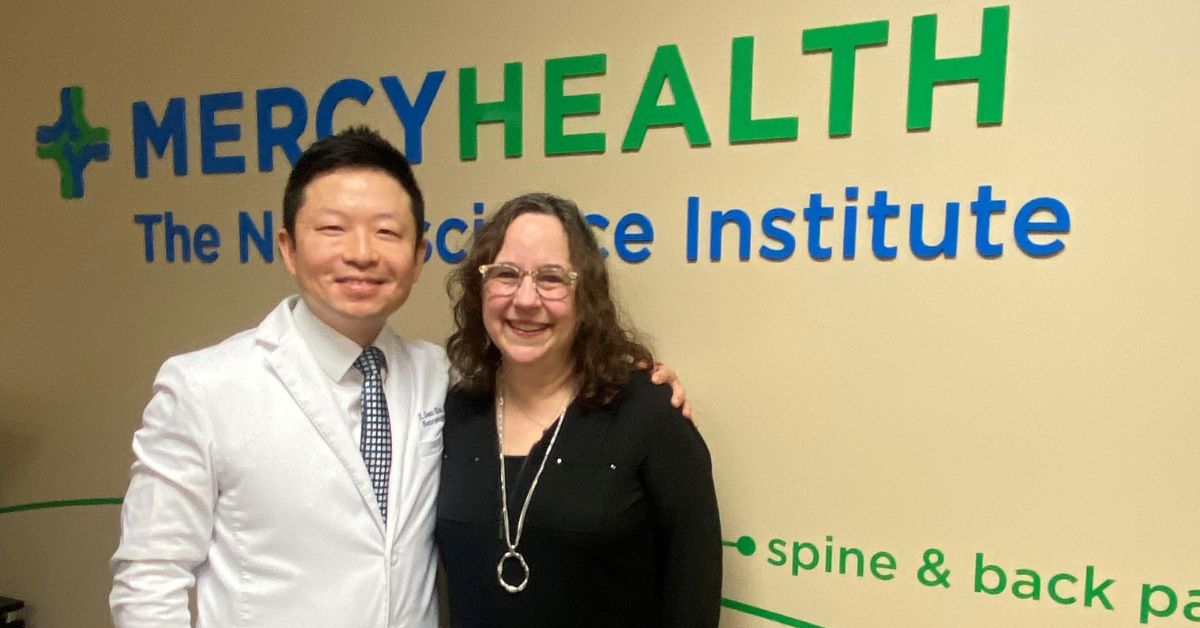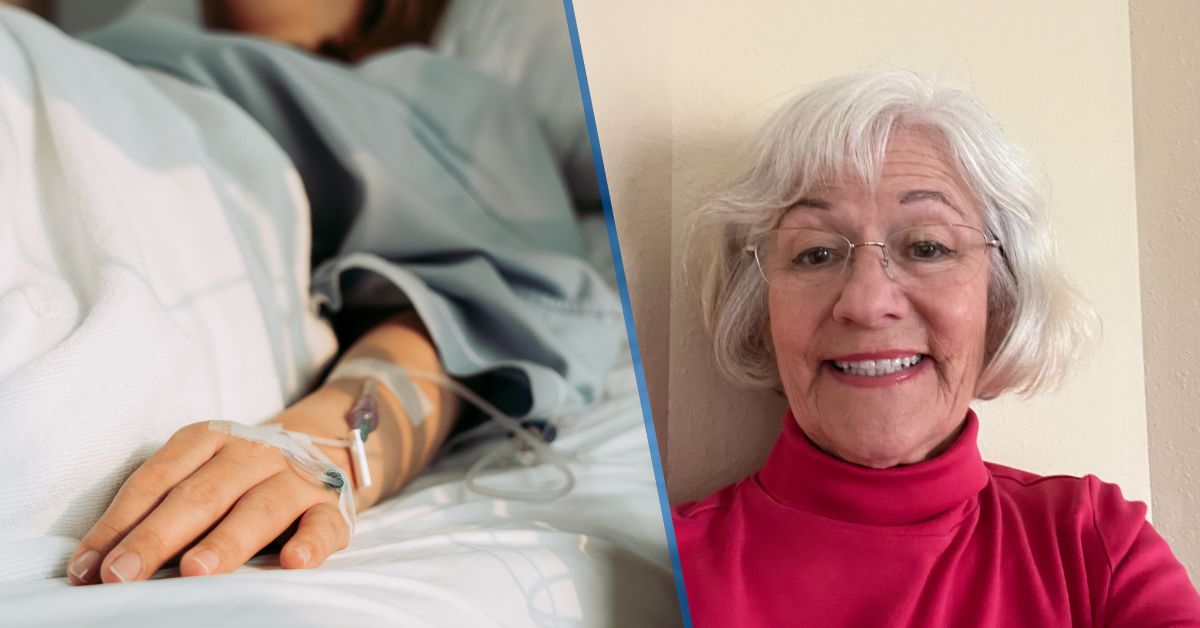Sandy Lyle made a mistake the first time she tried to quit smoking. After being puff free for seven years in her mid-thirties, Sandy decided she was going to have “just one cigarette.”
So, years later when she decided for a second time that it was time to quit, she knew she needed help. Really, all she wanted was support and someone to talk to. She found that in the smoking cessation program offered through Mercy Health – St. Rita’s Medical Center.
“I have been struggling for so long for years actually bumming cigarettes from people. It just got ridiculous, to the point of embarrassment,” Sandy shares. “It was time to do something.”
In early 2020, St. Rita’s was proud to join with our community partners to offer the Allen County Tobacco Coalition Activate Change-QUIT. This new, collaborative project was designed to support any residents in the community who want to quit smoking. Its goal is to help people live healthier lives.
The project is made up of a 12-week program offered at St. Rita’s and a mobile smoking cessation clinic operated by Ohio Northern University. Combined, these two outreach opportunities increase resources available in the community, regardless of an individual’s ability to pay or any struggles around transportation.
The COVID-19 pandemic has altered how this program operates. Phone calls may have replaced group meetings and face-to-face sessions, but the support and guidance hasn’t changed.
“The likelihood of a successful quit attempt is increased with the combination of behavioral support and smoking cessation medications,” shares Lisa Block, PharmD, BCPS, CACP, Lead Clinical Pharmacist at Mercy Health – St. Rita’s Medication Management Clinic. “We have been able to adapt our program to meet the current social distancing requirements, while still providing patients with optimal care to facilitate their success and help them meet their goals.”
Sandy didn’t realize she was going to attempt to kick her smoking habit during a stressful pandemic. Now, after several months without a smoke, she’s pleased she didn’t wait any longer. Especially since smoking puts you at high-risk with this virus.
A smoker since she was 16, the now 52-year-old Sandy says the program has been changed her life. She describes it as an outlet to talk through her addiction while gaining advice on how to quit. She has been given different tips – like chewing on a toothpick or sucking on a straw – as well as words of encouragement.
Although difficult at first, Sandy says she can now be around other smokers without craving a cigarette. She feels she can breathe and smell much better. In fact, she can now smell the smoke on others – something she could never do before.
“I can’t believe I smelled like that,” she says.
In the Activate Change-QUIT program, patients can work with a pharmacist and a respiratory therapist to provide additional support during their quitting process. This team will also work with the patient’s doctor if medication is needed to help a patient quit.
Respiratory Therapist Becky Lause RCP, CPFT, CTTS, has seen many people struggle to quit smoking. Knowing that this is a unique journey, Becky tries to help patients find what they need as an individual to be successful.
“I can’t imagine the feeling of not being able to catch your breath and how scary that must be. I want to do everything I can to help these patients,” she says. “I am so happy and excited to be part of this new smoking cessation program and I am hoping we can help people break their nicotine habit.”
Despite the world’s current stresses, Sandy encourages others to take the first step toward quitting smoking.
“It’s not just a matter of just thinking about yourself and your own health. It’s about your loved ones too, you have to consider them too,” she shares. “It is never too late to quit and the sooner you can do it, the better.”
Activate Change-QUIT is a partnership with Mercy Health, Activate Allen County, Ohio Northern University, Coleman Professional Services, Mental Health and Recovery Services Board, Allen County Metropolitan Housing Authority (MET Housing) Allen County Public Health, West Ohio Community Action Partnership, Prevention Awareness Support Services (PASS), and the United Way of Lima. The program was made possible through a $100,000 grant through the Bon Secours Mercy Health Foundation.
Learn more about tobacco addiction on the Mercy Health website.


